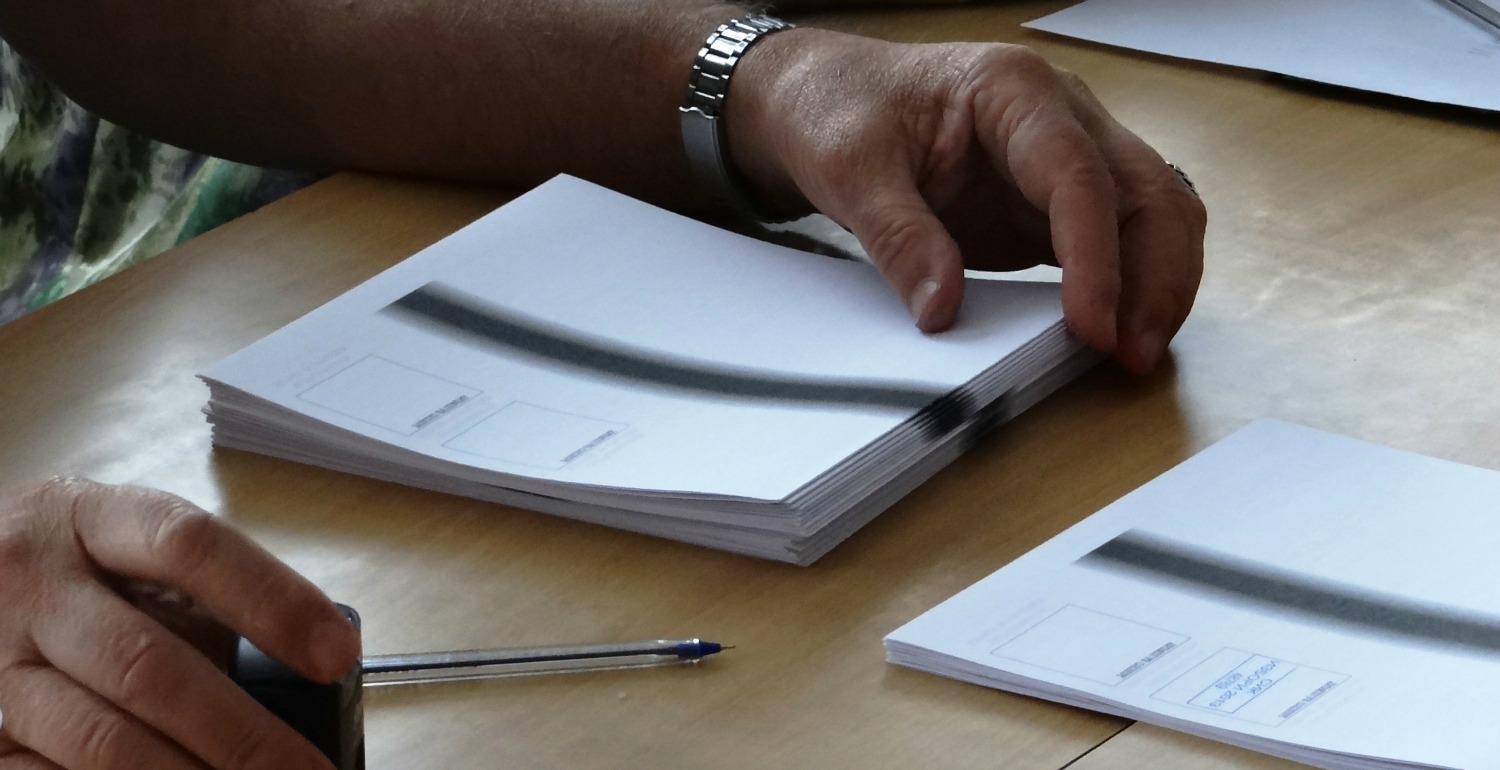By Helsinki Commission Staff
Country-Wide Street Protests Trigger Snap Elections
In early 2013, 30 Bulgarian cities were rocked by demonstrations. In some instances, violence erupted between demonstrators and police. In addition, in the months immediately preceding the elections, six people committed suicide by self-immolation in acts of public protest and desperation.
The street demonstrations were triggered by sharply rising electricity rates in a country widely described as the poorest of the EU’s 27 members. Discontent was further fueled by dissatisfaction with political leaders across the board and widespread corruption.
In February, following the street demonstrations, Prime Minister Boyko Borisov resigned, paving the way for May 12’s early parliamentary elections.
For those elections, 8,100 candidates stood for seats in the 240-member unicameral National Assembly allocated by proportional representation from 31 multi-mandate constituencies (with a 4% threshold for both parties and coalitions to enter parliament). Altogether, 63 parties (38 outside of coalitions and 7 coalitions) were registered as well as two independent candidates.
The resulting ballot was roughly a yard long.
OSCE Mounts Full-Scale Election Observation Mission
The OSCE mounted a full scale Election Observation Mission (EOM) – the first in Bulgaria since 1997 and the first ever in an EU country.
Eoghan Murphy (MP, Ireland) was appointed by OSCE Chair-in-Office Leonid Kozhara to serve as Special Coordinator and leader of the short-term observer mission (parliamentarians and observers seconded by OSCE participating States). The OSCE Office for Democratic Institutions and Human Rights (ODIHR) long-term observer team was headed by Miklos Haraszti. Roberto Battelli (MP, Slovenia) headed the OSCE PA delegation. Andreas Gross (MP, Switzerland) headed the observers from the Parliamentary Assembly of the Council of Europe (PACE).
On Election Day, there were 158 observers deployed from 39 countries.
Of an estimated 6.9 million voters (a number that, in any case, the OSCE and Council of Europe Venice Commission suggest may be high), 3,541,745 went to the polls. Voter turnout was at about 50 percent – the lowest turnout since the fall of communism – reflecting the voters’ antipathy even more than apathy.
Approximately 850,000 votes were cast for parties that failed to overcome the 4% threshold to get into parliament.
Reportedly 107,799 Bulgarian citizens voted abroad, with 63,152 votes cast in Turkey.
The Mysterious Case of the Extra Ballots
The administration of the elections on E-Day was largely unremarkable. It was, however, preceded by two separate but related wiretapping scandals suggesting that the Ministry of Interior had bugged journalists and state officials. The day before the elections, an “extra” 350,000 ballots were discovered in a printing house in Sofia. (A week after the elections, it was reported that more than 2,000 extra stamps for electoral commissions had also surfaced.)
In its preliminary findings, the Election Observation Mission drew particular attention to the alienation of voters, lack of confidence in the electoral process, concerns over ballot security (the “extra” ballots), and persistent allegations of vote buying or voter intimidation. (A final report from the Mission is forthcoming.)
Roma and Other Minorities in the Electoral Context
Bulgaria has a population of 7.36 million (from almost 8 million in the 2001 census and roughly 8.4 million in the 1992 census). This continuing drop reflects declining birth rates and labor migration to other parts of Europe.
The ethnic Turkish minority comprises 8.8 percent of the population. Almost 5 percent of the population self-identified as Romani on the last census, but Roma are estimated to be roughly 10 percent of the population. Last year, the Bulgarian Government estimated that 23 percent of the working age population is Romani.
The Bulgarian Constitution prohibits the formation of political parties on ethnic, racial or religious lines, which is contrary to OSCE and other international norms on freedom of assembly. The OSCE has criticized this restriction in previous reports on Bulgarian elections.
The Electoral Code stipulates that the election campaign must be conducted in the Bulgarian language only, also contrary to standards on free speech and minority language use set out in the 1990 Copenhagen Document. These restrictions also impede get-out-the-vote efforts.
The Movement for Rights and Freedoms is, de facto, an ethnic Turkish minority party, although it has largely been allowed to function with a wink and a nod from the authorities. After the elections, it was reported that Lyutvi Mestan, head of the MRF party, was fined in Sliven for campaigning in Turkish.
Bulgaria’s last two local and Presidential elections (which were held simultaneously in 2007 and 2011) were preceded by outbreaks of anti-Roma violence. In 2011, just a few weeks before the elections, 14 Bulgarian cities erupted into anti-Roma riots. In July 2012, the headquarters of the EuroRoma political party were firebombed, killing one man. The investigation has not produced any results.
On April 8, 15 Romani civil society organizations withdrew from their advisory role with the National Council for Cooperation on Ethnic and Integration Issues, effectively deeming the government’s work in this area and the consultative process to be a sham.
There were no Roma in electable positions on the lists for any of the leading parties. As a result, the National Assembly produced by the May 12 elections will be the first Bulgarian parliament since the fall of communism to have no Romani MPs.








